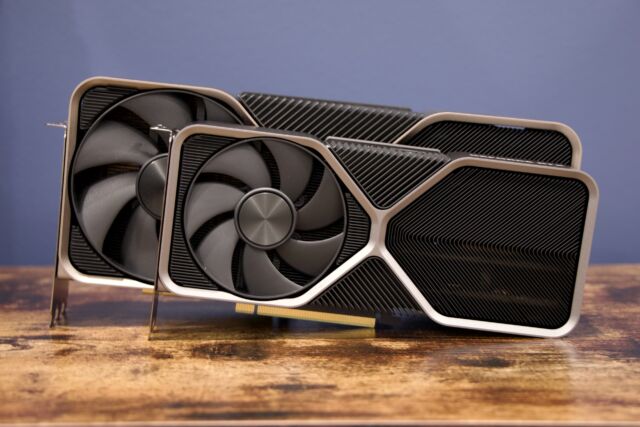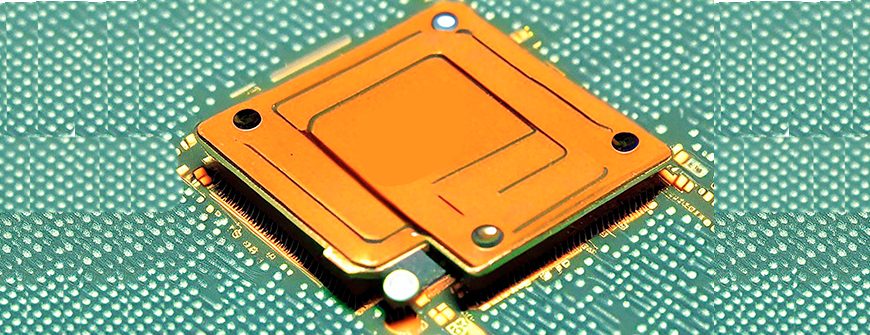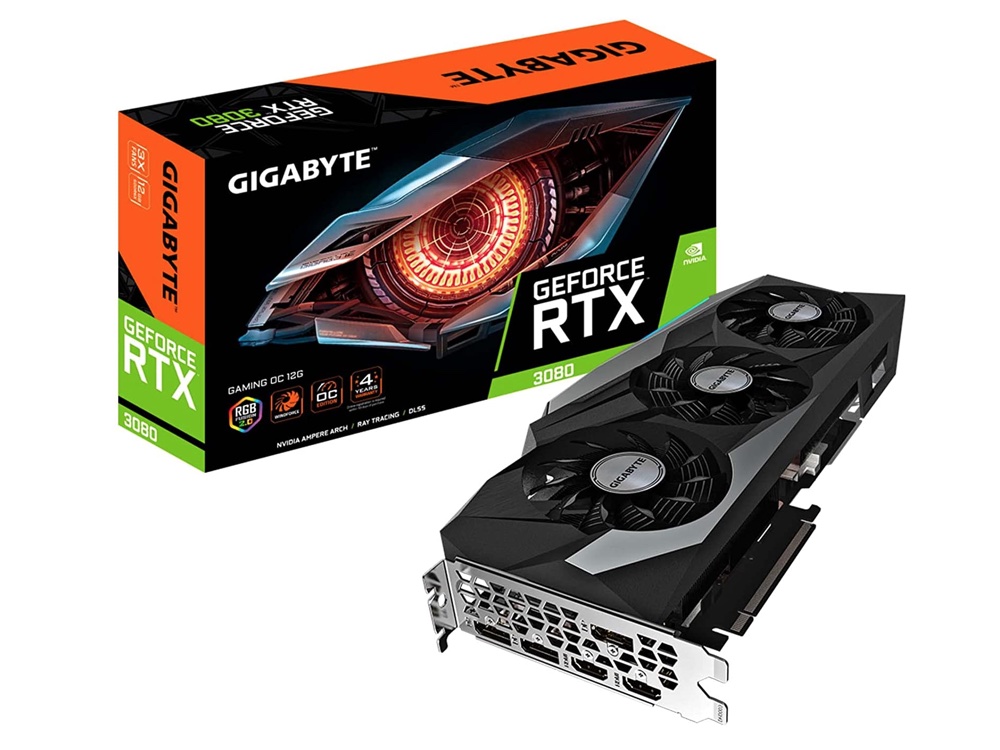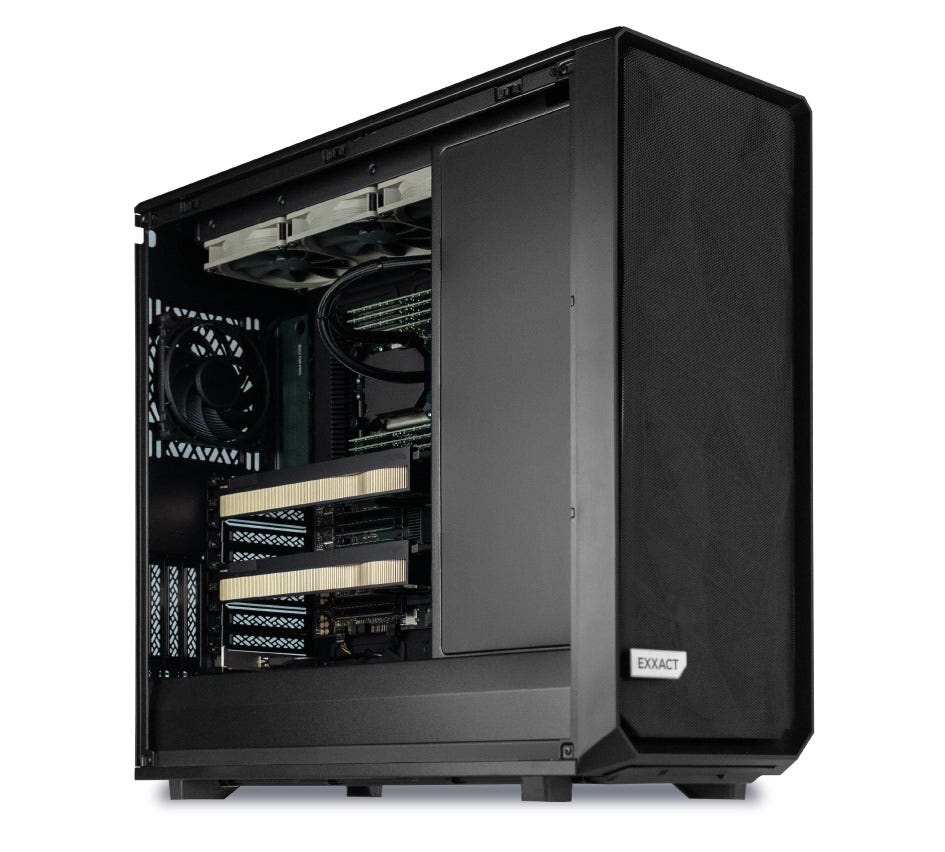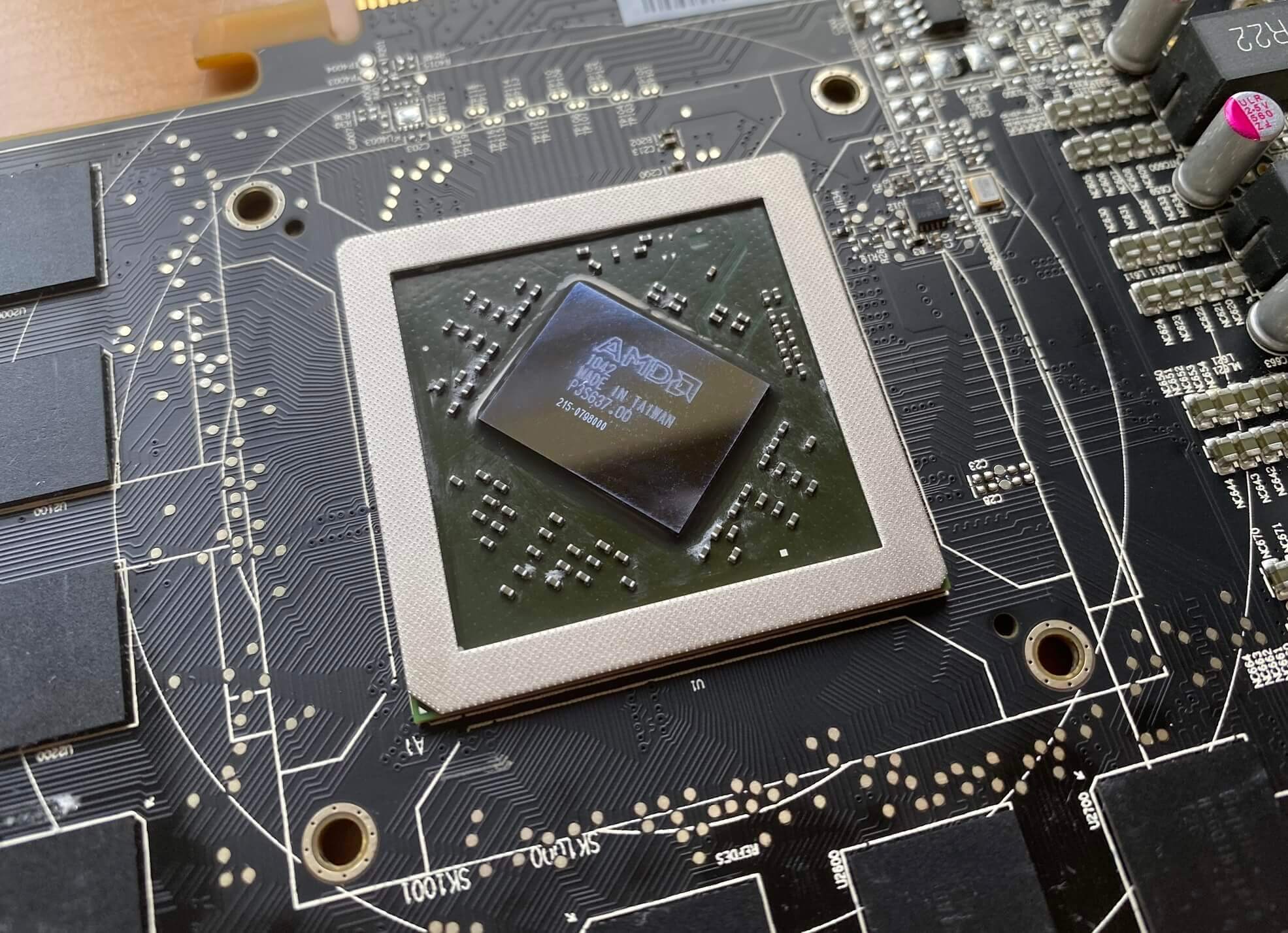25 Years Later: A Brief Analysis of GPU Processing Efficiency
4.8 (280) · € 13.50 · En Stock
The first 3D graphics cards appeared 25 years ago and since then their power and complexity have grown at a scale greater than any other microchip found
The first 3D graphics cards appeared 25 years ago and since then their power and complexity have grown at a scale greater than any other microchip found in a PC. In going from one million to billions of transistors, smaller dies, and consuming more power, the capabilities of these behemoths is immeasurably greater, but what can we learn about efficiency?
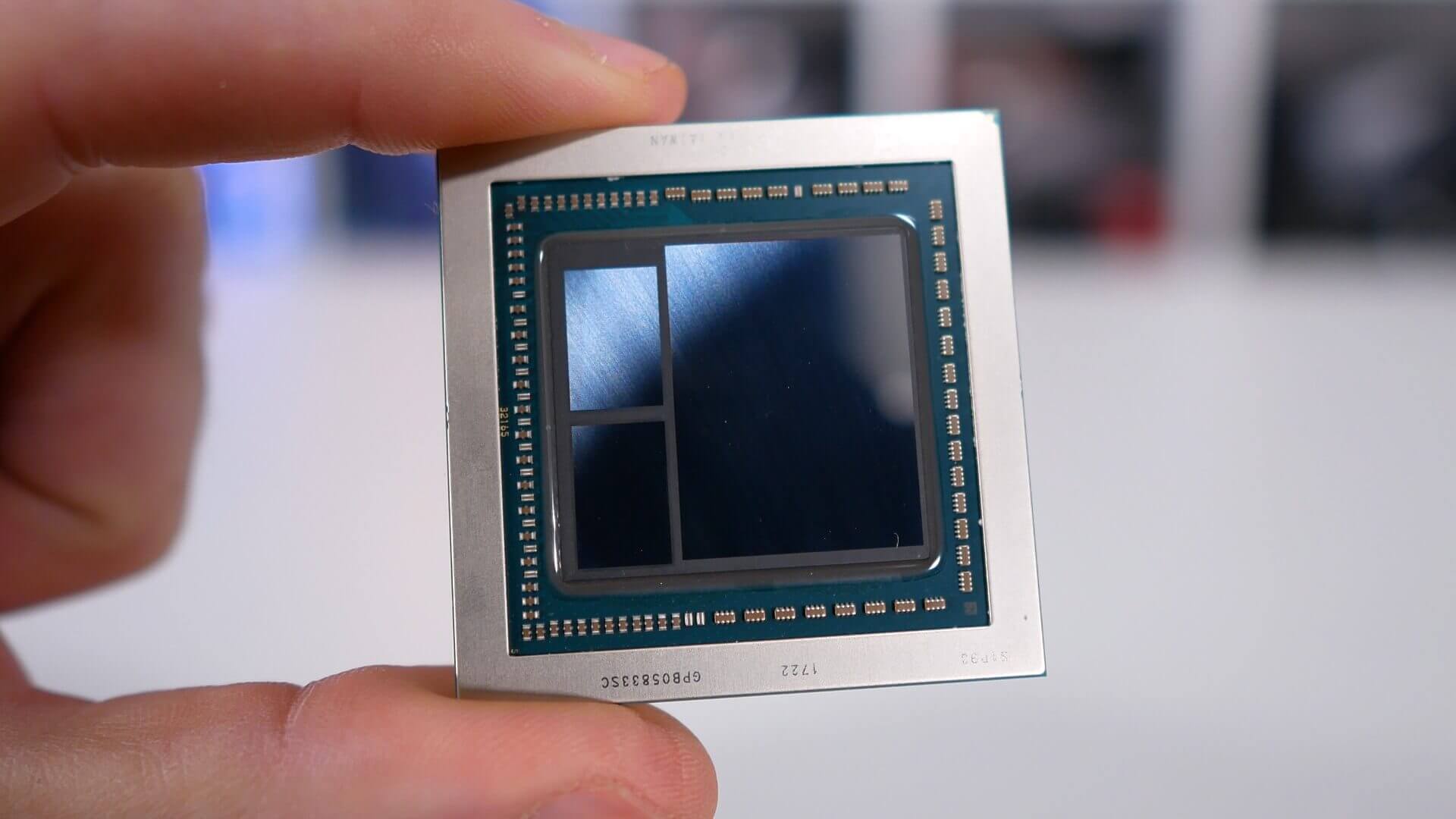
25 Years Later: A Brief Analysis of GPU Processing Efficiency

Predicting GPU Performance – Epoch

Is the Nvidia A100 GPU Performance Worth a Hardware Upgrade?

AMD: Addressing the challenge of energy-efficient computing
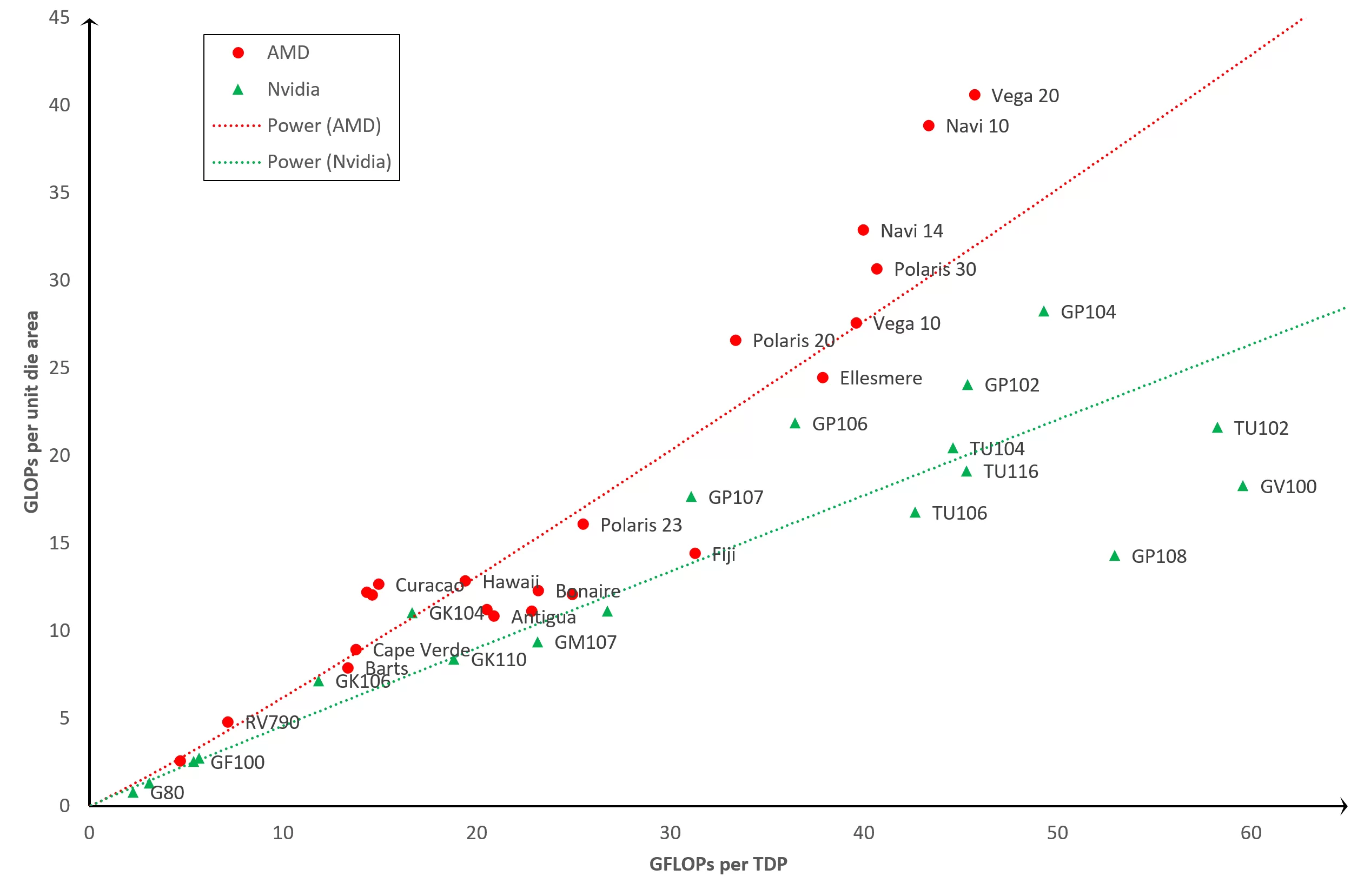
25 Years Later: A Brief Analysis of GPU Processing Efficiency
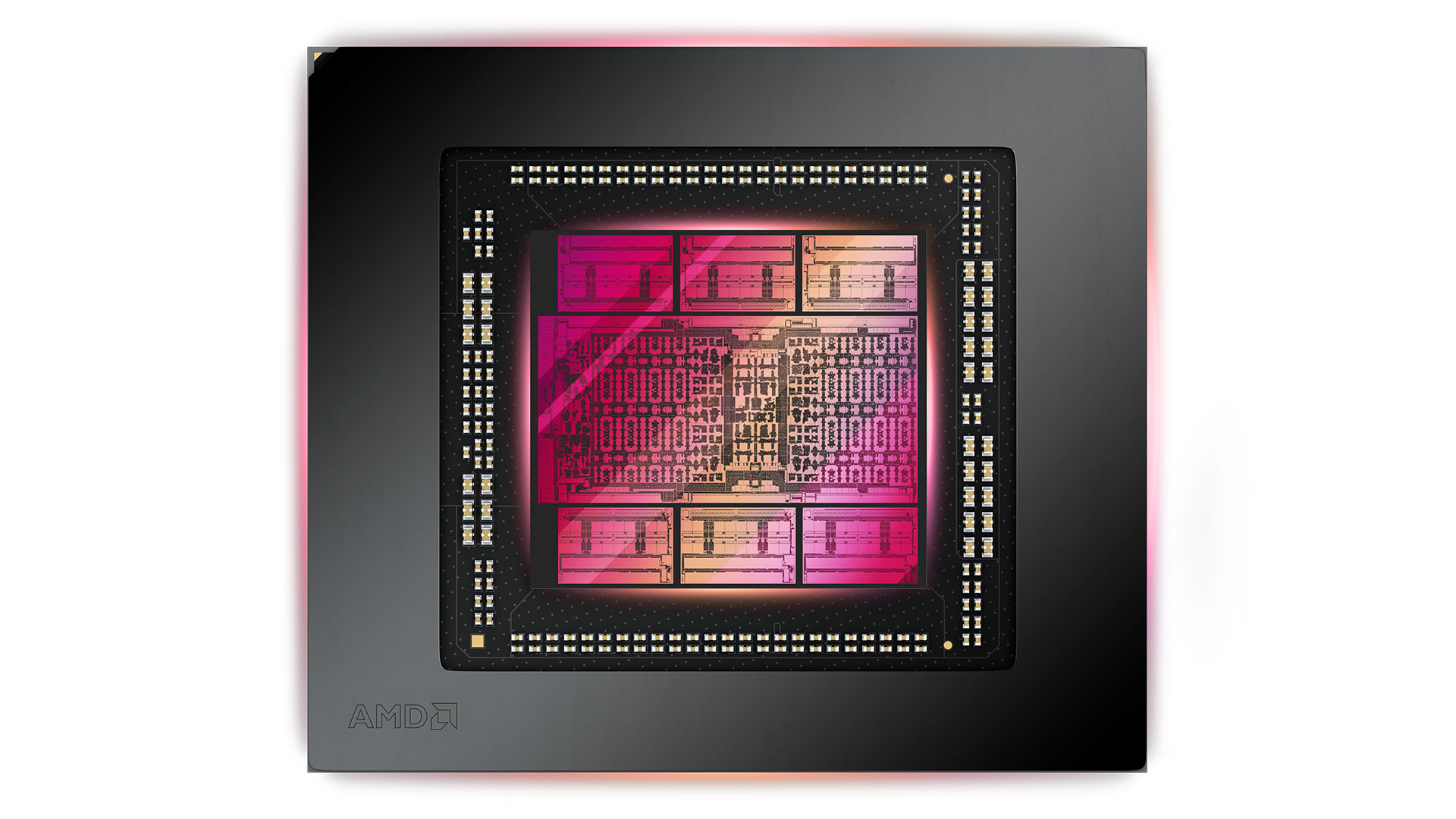
AMD RDNA 3 GPU Architecture Deep Dive: The Ryzen Moment for GPUs
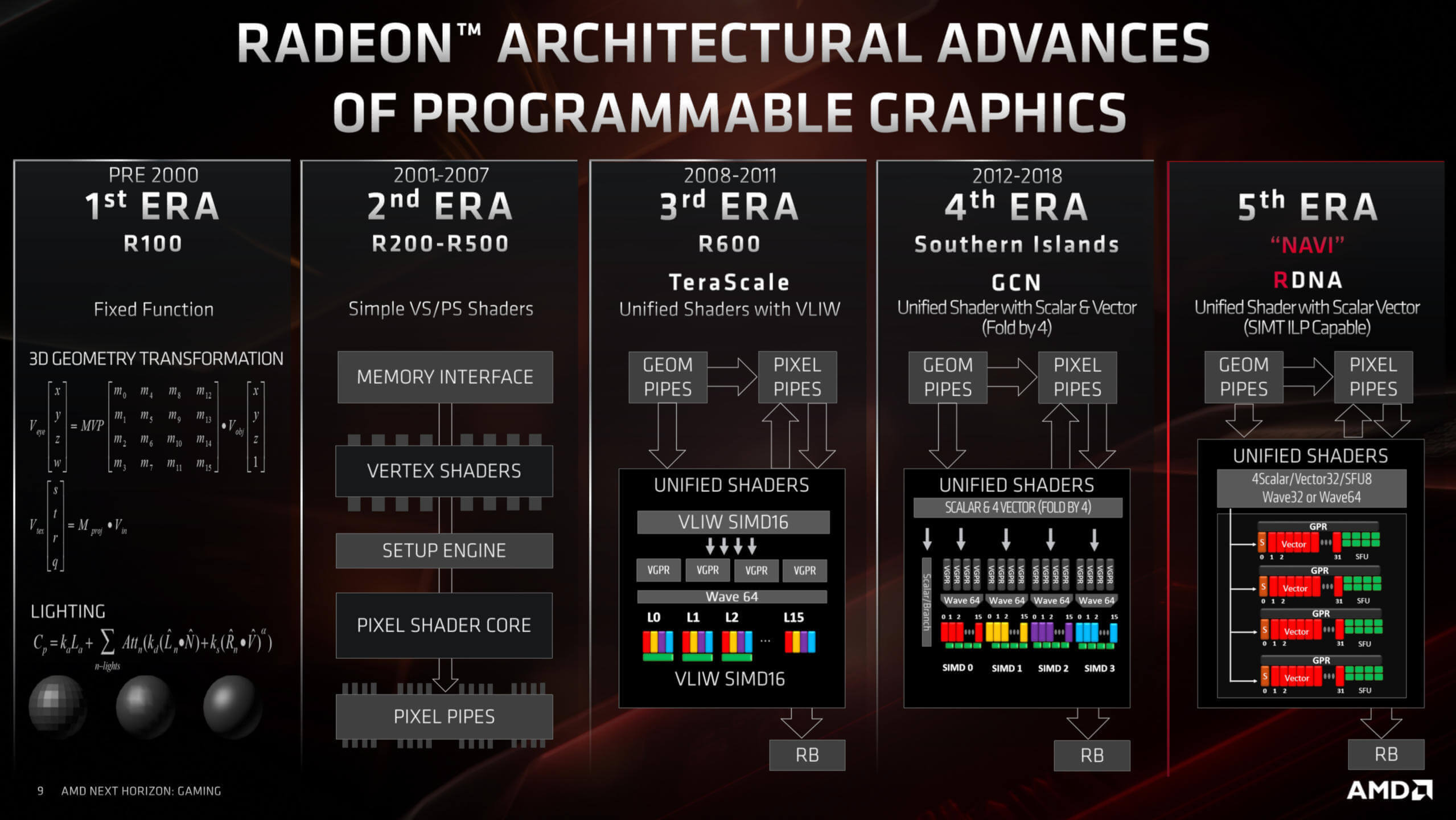
25 Years Later: A Brief Analysis of GPU Processing Efficiency
CUDA is a computing architecture designed to facilitate the development of parallel programs. In conjunction with a comprehensive software platform, the CUDA Architecture enables programmers to draw on the immense power of graphics processing units (GPUs) when building high-performance applications. GPUs, of course, have long been available for demanding graphics and game applications.

CUDA by Example: An Introduction to General-purpose GPU Programming [Book]
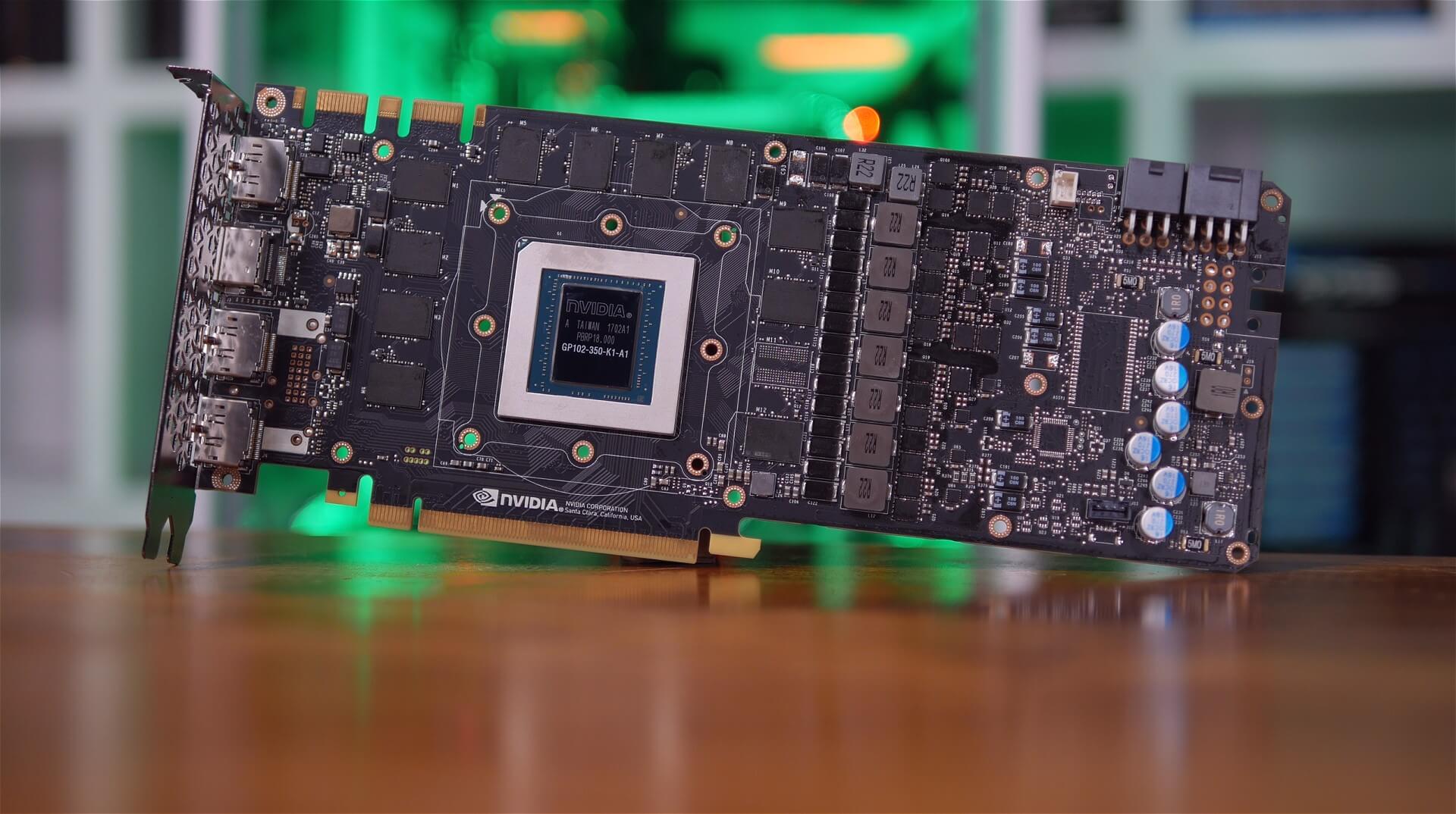
25 Years Later: A Brief Analysis of GPU Processing Efficiency

Beating SOTA Inference Performance on NVIDIA GPUs with GPUNet

Comparison of CPU and GPU single precision floating point performance

25 Years Later: A Brief Analysis of GPU Processing Efficiency

Strategy Study: How NVIDIA dominated the graphics processing space with its perfect strategy
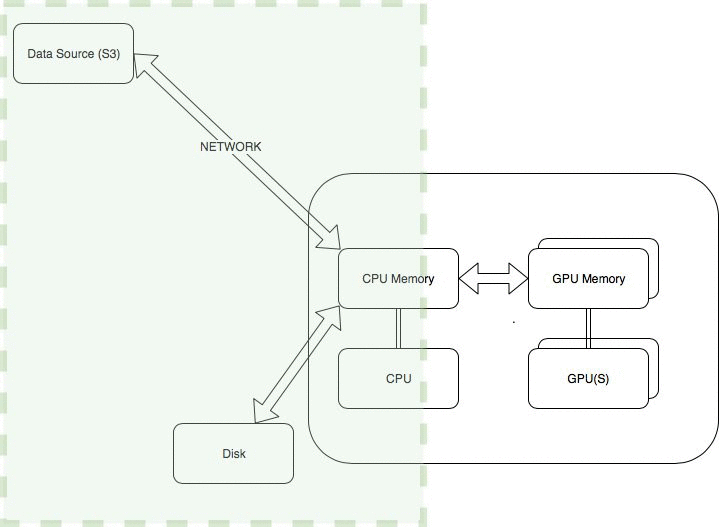
Optimizing I/O for GPU performance tuning of deep learning training in SageMaker

DeepSpeed: Accelerating large-scale model inference and training via system optimizations and compression - Microsoft Research






